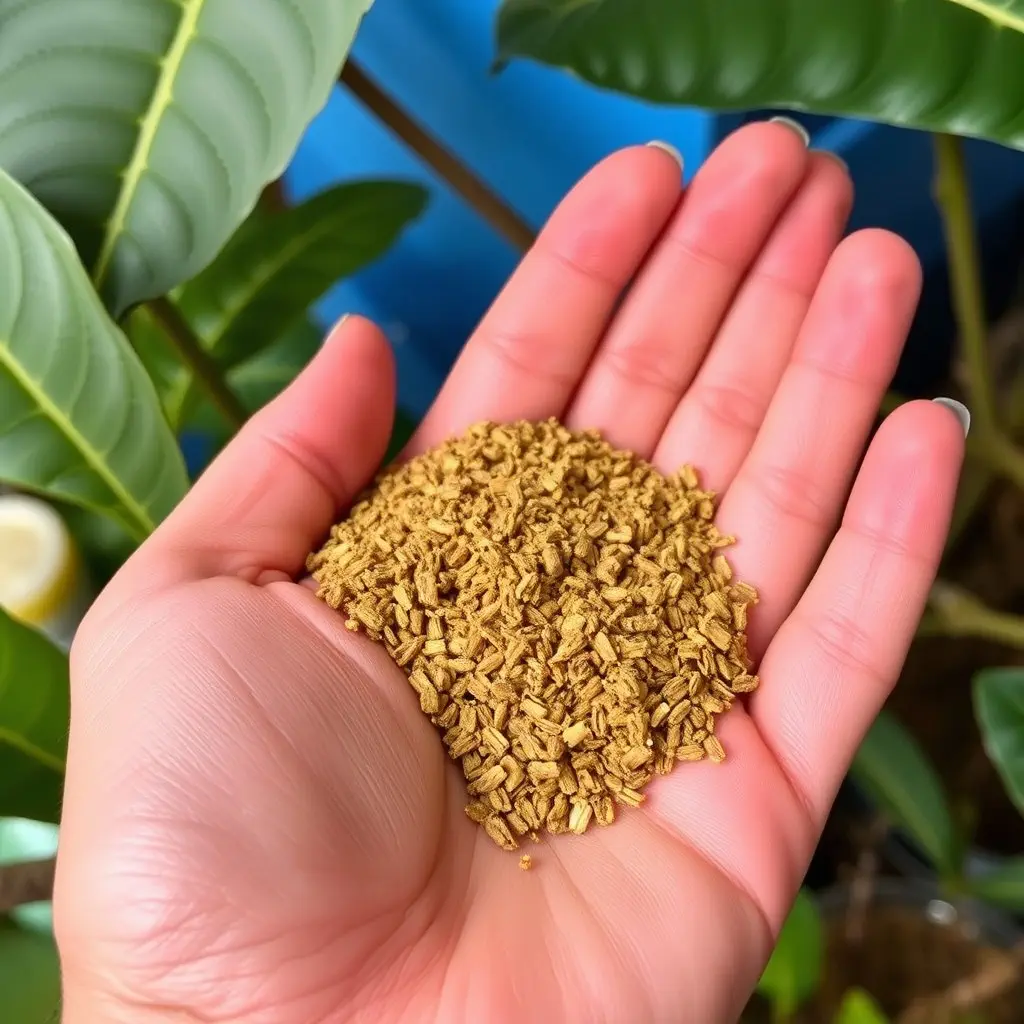Kratom, or "Egyptian flower tea," derived from Mitragyna speciosa leaves, presents a natural alternative for addiction treatment, offering relief from withdrawal symptoms and cravings through its interaction with opioid receptors. Its gentle brewing method makes it more palatable compared to conventional treatments. While promising, further research is needed on kratom's long-term safety and optimal dosage, especially when combined with Egyptian flower tea in a holistic approach to recovery. Education and preparation are crucial for individuals considering these natural solutions alongside counseling.
Kratom, derived from the tropical plant Mitragyna speciosa, has gained attention as a potential natural alternative for addiction treatment. This article explores its effectiveness and safety in managing substance use disorders, focusing on two key aspects: understanding kratom’s mechanisms and the specific benefits of Egyptian Flower Tea in recovery journeys. We also delve into considerations and future research directions to provide a comprehensive guide for those seeking innovative approaches to addiction recovery.
- Understanding Kratom and Its Potential for Addiction Treatment
- The Role of Egyptian Flower Tea in Recovery
- Considerations and Future Research on Kratom as an Alternative Therapy
Understanding Kratom and Its Potential for Addiction Treatment
Kratom, derived from the leaves of the tropical tree Mitragyna speciosa, has gained attention as a potential tool in addiction treatment and recovery. Often referred to as the “Egyptian flower tea” due to its cultural significance, kratom possesses unique properties that could aid individuals struggling with substance use disorders. The plant contains several active compounds, including mitragynine and 7-hydroxymitragynine, which interact with opioid receptors in the brain, offering a range of therapeutic effects.
Research suggests that kratom’s ability to mitigate withdrawal symptoms and reduce cravings makes it a promising alternative for those seeking to break free from addictive substances. Similar to traditional teas, kratom is consumed by brewing the leaves, providing a gentle and natural approach to managing addiction. This method of administration can make the process more palatable for individuals who may be hesitant towards conventional treatments, potentially increasing adherence and overall success rates in recovery.
The Role of Egyptian Flower Tea in Recovery
Egyptian flower tea plays a surprising yet significant role in addiction recovery journeys, particularly when paired with Kratom. This fragrant and delicate brew offers more than just a calming experience; it provides a natural alternative for managing withdrawal symptoms and reducing cravings. The gentle aromatics of Egyptian flower tea can soothe frazzled nerves, facilitating relaxation and promoting mental clarity—essential aspects for those in the thick of recovery.
Beyond its soothing effects, Egyptian flower tea is renowned for its potential anti-inflammatory properties, which could aid in mitigating physical discomfort often associated with withdrawal. When combined with Kratom’s known analgesic and mood-stabilizing benefits, this symbiotic pairing may offer a holistic approach to breaking free from addiction, providing much-needed comfort and support throughout the recovery process.
Considerations and Future Research on Kratom as an Alternative Therapy
Kratom, derived from the leaves of the Mitragyna speciosa plant, has gained attention as a potential alternative therapy for addiction treatment and recovery. While some studies suggest its effectiveness in managing withdrawal symptoms and reducing cravings, especially for opioids, there are still many considerations and gaps in research. One notable aspect is the lack of comprehensive long-term studies examining its safety and efficacy. As with any alternative treatment, more research is needed to understand its full potential and risks, particularly when used in conjunction with traditional therapies.
Additionally, the optimal dosage and administration methods for addiction treatment require further exploration. Current evidence often relies on anecdotal reports and small-scale studies, leaving room for larger, controlled trials to provide more definitive answers. Furthermore, individual responses to kratom can vary, influenced by factors like tolerance, previous substance use history, and overall health. Future research should also delve into the role of education and preparation for individuals considering kratom as part of their recovery journey, especially when paired with therapeutic interventions like counseling or Egyptian flower tea (a known aid in relaxation).
Kratom, particularly Egyptian Flower Tea, has emerged as a promising alternative therapy for addiction treatment and recovery. While its effectiveness and safety require further exploration, initial studies suggest it may help mitigate withdrawal symptoms and cravings for certain substances. As research continues, integrating kratom into comprehensive rehabilitation programs could offer a natural, plant-based solution to support those on their path to long-term recovery. Remember that, like any complementary therapy, it should be used in conjunction with professional medical advice and traditional treatment methods.





